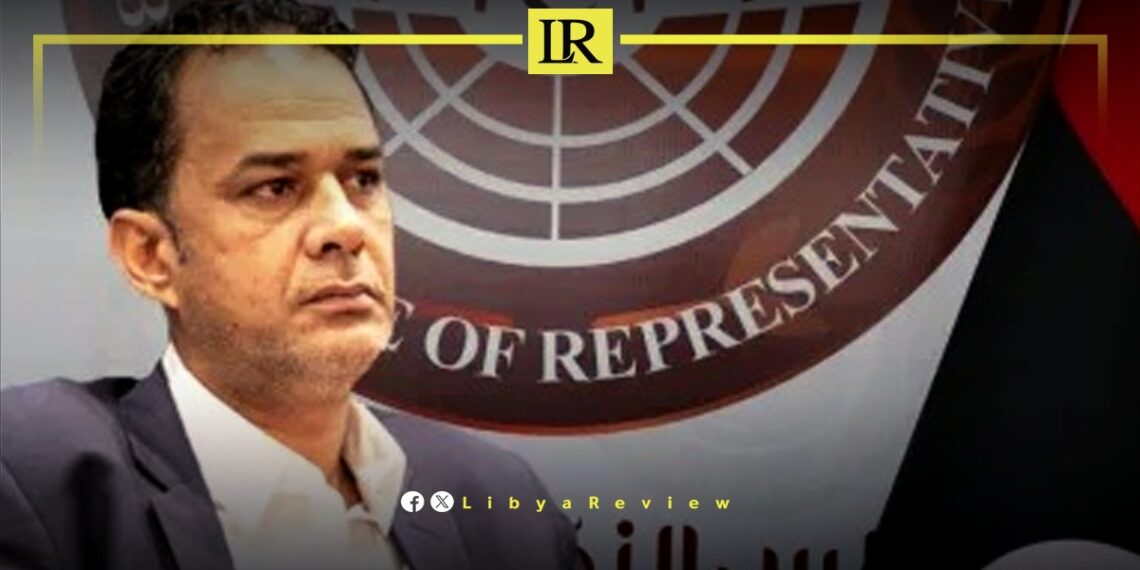The Chairman of the Energy Committee in the Libyan House of Representatives, Issa Al-Areebi, announced that the parliament approved the general budget to facilitate reconstruction projects demanded by the Libyan people.
Al-Areebi explained that the budget approval was reached through an agreement between the Speaker of the House, the Governor of the Central Bank, and his deputy during a meeting in Cairo. A committee was formed under their supervision.
He highlighted that the development section of the budget will be divided between the parliament-appointed government led by Osama Hamad and the Tripoli-based government headed by Abdul Hamid Dbeibah. Hamad is currently undertaking reconstruction projects in Cyrenaica (East), Fezzan (South), and some areas in Western Libya.
Al-Areebi emphasized that the House of Representatives approved a roadmap, including the formation of a single government. He noted that the agreement on a unified government has stalled, but the country still needs the budget for salaries, fuel, overseas medical treatment, electricity, and medications, among other necessities.
He added that all current parties agreed on a unified national budget to be allocated across all sectors.
Commenting on the salary section, Al-Areebi said, “Libya has around three million employees receiving salaries, while the total population is about six or seven million, meaning half the population is on the payroll.”
Addressing concerns about potential corruption in budget spending, Al-Areebi stated, “There are regulatory bodies and the House of Representatives to monitor budget expenditures.” He continued, “The reconstruction plans implemented in 2021, 2022, and 2023 were commissioned by the parliament, which also reviewed the plans and allocated the budget.” He pointed out that reconstruction is evident in areas under parliament control, including roads and airports.
Al-Areebi added that while Western Libya receives a reconstruction budget, improvements are more noticeable in areas governed by Osama Hamad’s administration, such as Benghazi, Sirte, Sebha, Al-Bayda, Derna, Ajdabiya, and Tobruk. He stressed the importance of competition in reconstruction rather than warfare.


